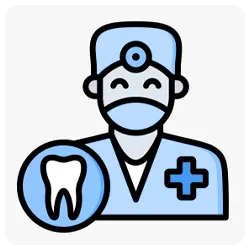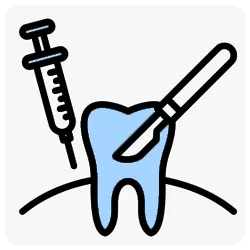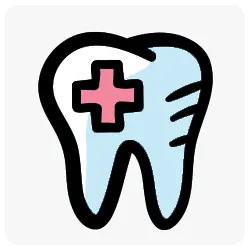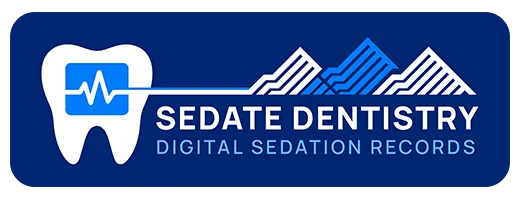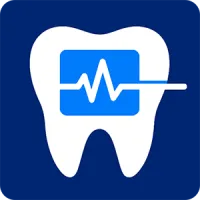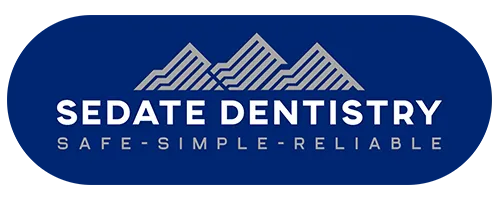
Dental Blog
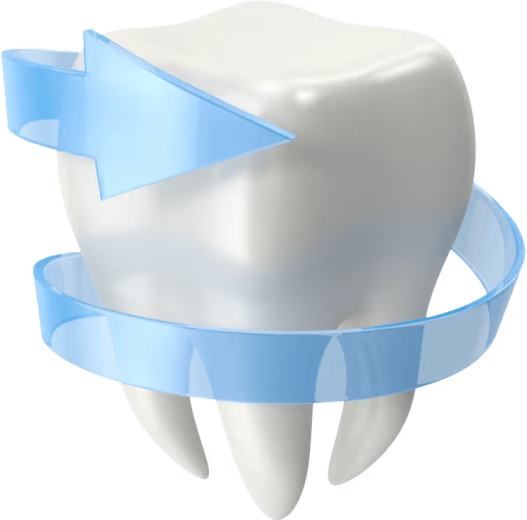

Resources for Dentists
Dive deep into helpful guides and in-depth information about:

Your Resource for Dentistry Insights
Sedation dentistry is evolving. Regulations change, compliance requirements grow, and practices need tools to stay ahead. The Sedate Dentistry Blog is here to help you learn, adapt, and succeed with resources built for dentists, oral surgeons, and office managers.

Explore Topics That Matter

Sedation Dentistry
Learn about sedation dentistry's best practices, compliance tips, and case studies.

Patient Vitals Monitoring
Device integrations, patient monitoring, and technology insights.

Patient Forms & Experience
Intake forms, digital consent, and patient-focused workflows and user experience.

Dental Practice Growth
Grow your dental practice with in depth guides, tutorials, and software reviews.
Recent Guides for Dentists
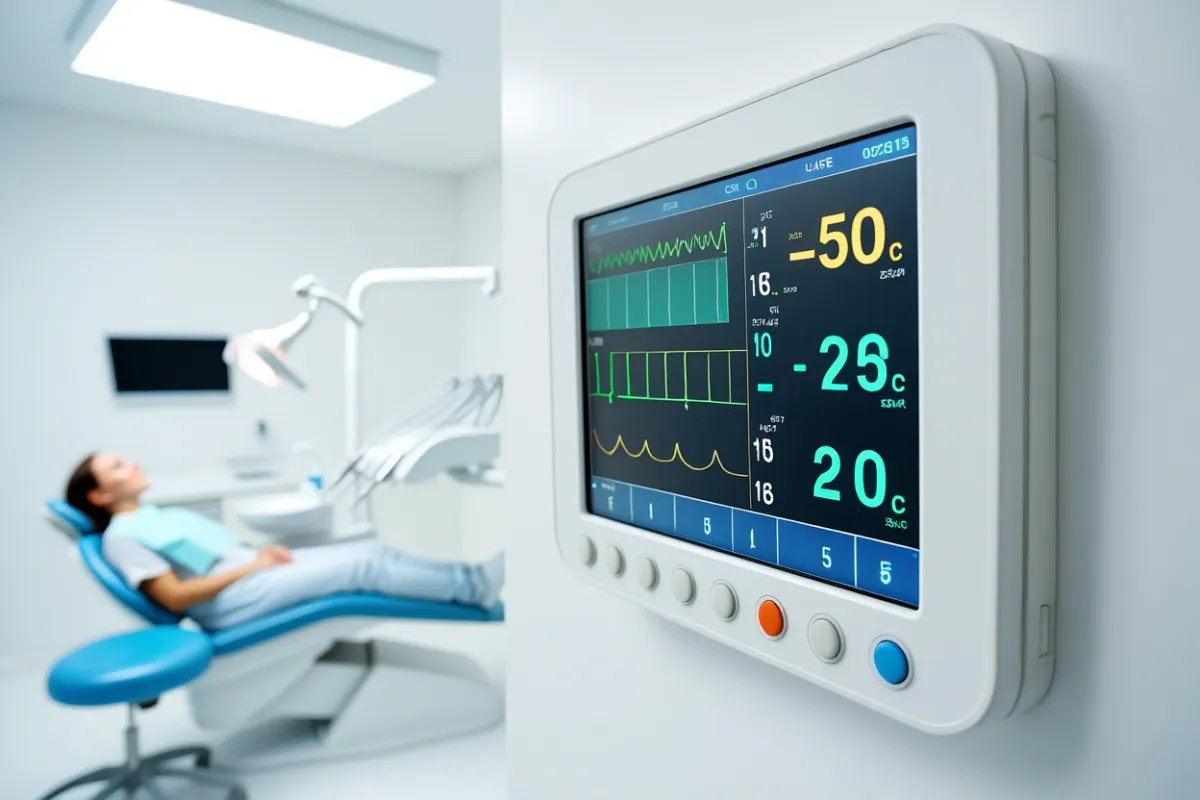
Audit-Ready in Seconds: A Compliance Success Story
A busy three-operatory practice moved from paper sedation logs to a digital, standardized workflow. In 30 days they cut late-entry edits by 87%, captured 100% of dose concentrations, and produced audit-ready charts in under two minutes—without adding clicks during care.
Table of Contents
Audit-Ready in Seconds: A Compliance Success Story
The starting point: good clinical care, inconsistent documentation
The goals: one way to document, zero ambiguity
The solution chosen: embed standards inside the live chart
The rollout: a focused 30-day sprint
What changed on day one: pace felt calmer, not slower
The dose entry script that ended ambiguity
The nitrous pattern that passed audits in seconds
Team roles: the quiet engine behind the numbers
Compliance and legal defensibility improved by design
A provider’s view: less cognitive load, clearer reviews
This case study follows a mixed nitrous/oral/IV sedation practice that wanted cleaner records, faster reviews, and fewer compliance surprises. You’ll see the exact problems they faced on paper, the steps they took to standardize and digitize, what changed on day one, and the metrics that proved the system worked. Where relevant, we’ve included internal anchors with URLs so you can replicate this path using your tools.
The starting point: good clinical care, inconsistent documentation
The practice was clinically strong, but documentation varied by provider. Vitals were sometimes late during stimulation spikes, nitrous often read as “used,” and dose entries skipped concentration (mg/mL) when the room got busy. Paper charts made end-of-day flow notes slow, and audits meant hunting through binders.
The goals: one way to document, zero ambiguity
Leadership defined three crisp targets: a single sedation record template across cases, timer-driven interval vitals with extra entries for events, and dose documentation that always included concentration, route, exact dose, time, indication, response, and running totals. The team wanted a record that read like a timeline and could be reviewed in minutes.
The solution chosen: embed standards inside the live chart
The team didn’t add more paper checklists—they moved the standards into the record itself.
● They configured Sedation visit record software with required fields for concentration and route, a dedicated nitrous block, and objective discharge criteria.
● They charted induction-to-recovery with timer prompts in IV sedation charting software so the Monitor Tech’s callouts drove on-time entries.
● They centralized policies, consent templates, and checklists in Dental sedation compliance so every operatory saw the same version.
● They connected devices via Patient Vitals Monitor Integrations to cut double-entry and keep timelines synced.
The rollout: a focused 30-day sprint
A short, structured sprint beat long planning.
● Week 1: Build the core template (meds with concentration/route required, nitrous block, discharge criteria) and publish policy language in the compliance hub.
● Week 2: Pilot two operatories with mock cases; tune picklists; refine the nitrous block to capture start, range, peak %, duration at peak, and O₂ flush in one line.
● Week 3: Train roles and scripts; assign a Recorder on sedation days; practice the dose read-back pattern aloud.
● Week 4: Go live everywhere; post five KPIs; hold a 30-minute review after two weeks.
If you’re still on paper and need to quantify the change, compare Sedate Dentistry vs. paper records and plan your investment with Plans & Pricing.
What changed on day one: pace felt calmer, not slower
Timer prompts meant fewer “who’s logging this?” moments. The Recorder spoke and typed the same eight-field dose script. The nitrous block made gas documentation as quick as a checkbox—but audit-ready. Because vitals flowed in automatically, the Recorder kept attention on meds, events, and running totals.
The dose entry script that ended ambiguity
Clarity came from repetition. The team trained this exact call-and-type sequence for every dose:
Medication name and concentration, route, exact dose, time, indication, response, running total.
Example: “Midazolam 1 mg/mL, IV push, 1.0 mg at 09:42 for anxiolysis. Calmer; RR 14; SpO₂ 98%. Total 1.0 mg.” For more examples and unit tips, staff reviewed document sedation doses accurately.
The nitrous pattern that passed audits in seconds
Nitrous moved from “used/not used” to a compact, complete block:
Start time, titration range (e.g., 20–35% N₂O), peak percentage, duration at peak, and O₂ flush at the end.
This lived in one section of digital sedation visit records so team members didn’t scatter data across the chart.
A real day, before vs after
To show the difference, here’s how a common 60-minute IV case changed when they went digital.
● Before: Baseline vitals captured, but intervals slipped during injections; doses recorded later from memory; nitrous was “yes”; discharge criteria lived on a laminated card and were sometimes paraphrased.
● After: Baseline ×2, intervals on a 5-minute timer, extra entries for stimulation spikes; each dose read back with concentration/route/time; nitrous block completed; discharge criteria auto-prompted and required before closing.
Results after the first month
The team tracked simple, actionable metrics and coached to gaps. Here’s the month-one snapshot you can paste into your playbook.
Team roles: the quiet engine behind the numbers
Standardized roles made the software sing. The Sedation Lead titrated and made decisions; the Monitor Tech owned the timer and called out vitals; the Recorder logged doses, responses, and totals in real time; Room Support staged suction, oxygen, and the cart. For the broader choreography, the team leaned on Sedation workflow that scales.
Compliance and legal defensibility improved by design
Because standards lived inside the record, compliance was no longer “remembered”—it was required. Consent matched the day’s modality, discharge criteria were objective and enforced, and events/reversals were documented as a minute-by-minute timeline. Policies and versions stayed updated in compliance checklists for sedation.
A provider’s view: less cognitive load, clearer reviews
Providers reported fewer interruptions for “what’s the total?” because running totals were visible and spoken during handoffs. Reviews were faster because the timeline told the story: baseline → induction → interval vitals → doses with responses → nitrous block → recovery → objective discharge.
How to replicate this success in your practice
You can reproduce these results with three moves:
Configure the template once inside paperless sedation visit logs—required mg/mL and route, nitrous block, objective discharge.
Chart live with timers in minute‑by‑minute IV charting; assign a Recorder and rehearse the dose script.
Store policy language and consent templates in sedation compliance software and audit monthly.
If you want to see how a single-provider clinic made the leap, read From Paper Chaos to Digital Compliance: A Solo Dentist’s Story. If you run multiple sites, scan How Sedation Software Helped a Multi-Location Dental Group Standardize Compliance.
What surprised the team most
● Digital felt faster because it removed backfill, not because anyone rushed.
● Nitrous went from a frequent audit ding to the cleanest part of the record.
● Flow notes practically wrote themselves; referrals and payer responses sped up.
Where they’re going next
With core documentation solid, the practice is expanding device connectivity via Patient Vitals Monitor Integrations and layering in training refreshers tied to KPI dips. They’re also publishing de-identified “chart of the month” examples to coach style and clarity.
Bottom line
This practice didn’t win by adding more tasks—they moved standards into the software their team already uses. Required fields, timer prompts, a compact nitrous block, and objective discharge criteria turned sedation documentation into a calm routine. The payoff was safety you can see, records that defend themselves, and audits that finish in minutes.
Next Steps
Book a Free Demo to see how Sedate Dentistry’s Digital Sedation Visit Records Software can streamline and replace paper sedation visit records—saving time, money, and increasing compliance while reducing liability and improving the quality of patient records.
Ready to modernize your sedation documentation? Book a Free Demo

Stay Ahead of the Curve
Benefits of Following Our Blog
Learn compliance best practices.
Discover new sedation software features.
Get expert tips for improving patient care.
See how practices are switching from paper or competitors like Xchart.

Learn More About Sedate Dentistry?
Request a software demo today. See how we can digitalize your sedation visit records.
Simple Pricing, No Hidden Fees
No limits on Procedures or Patients (additional fees for additional offices and dentists)
Testimonials
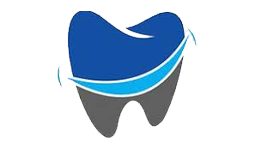
SmileRight Dentistry
Here's Sedate Dentistry Software in a nutshell. Time Saver. Money Saver. Easy to use. Amazing support. End of story.
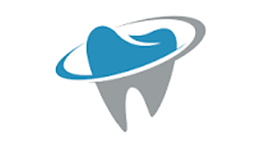
DentalClean
We learned about Sedate Dentistry from one of their other sister companies Edental. We switched from Xchart and this app works great.
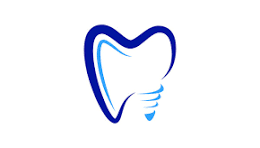
Metro Dentistry
The team at Sedate Dentistry has been amazing, especially Josh who helped integrate into our Edan X10. Much better than Xchart and a fraction of the price.
Contact Us
Contact Us
3165 West 4700 South, Suite A, Taylorsville Utah 84129

